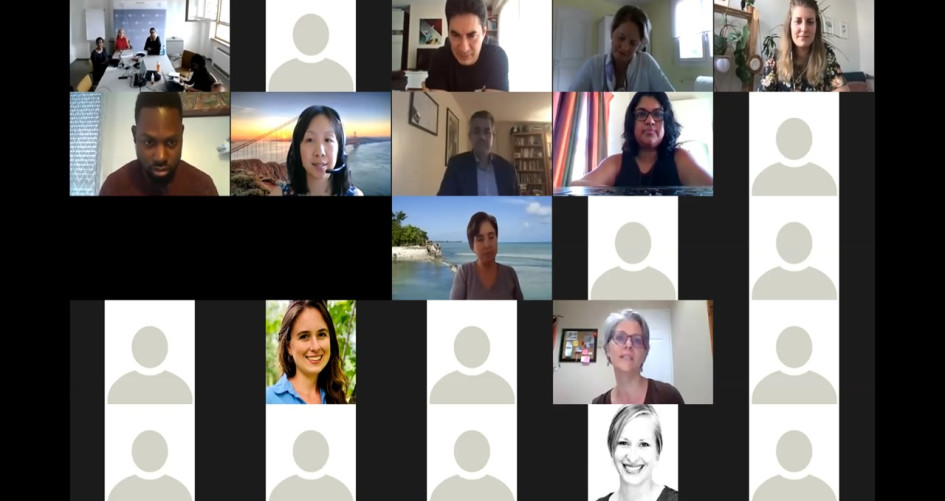Increasing risks due to climate change are increasing the urgency for adaptation in the ocean, coastal areas and their ecosystems. Climate-resilient sustainable development must be strongly pursued in oceans and coastal areas, as underscored by the 2019 IPCC Special Report on the Ocean and Cryosphere in a Changing Climate (SROCC).
The ocean plays a key role in regulating the global climate system and therefore should be an important part of the climate change conversation under the Convention as countries’ needs to prepare for a more resilient future grow. Knowledge gaps on issues such as governance, data and methods, finance and technical capacity pose significant barriers to the implementation of scaled-up adaptation action.
For more effective collaborative action on closing knowledge gaps, the supply of and demand for adaptation knowledge needs to be better aligned. This requires a better understanding of such knowledge gaps by learning from practitioners and policymakers about the challenges they are facing on the ground.

